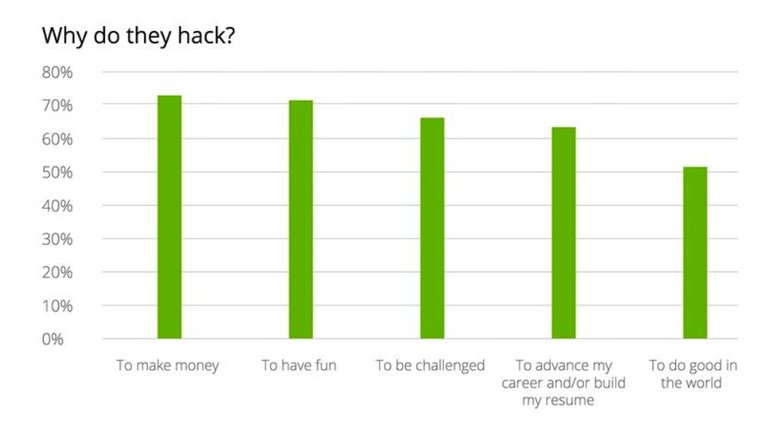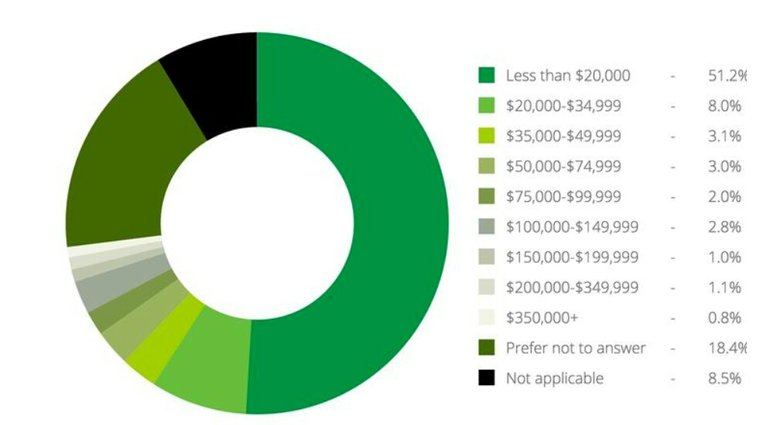
In todays technology, where data breaches and information leaks have come close to a daily occurrence, people mistakenly merge the terms cybercriminal and hacker. However, they are entirely two different things —someone who breaks into systems network without permission is a cybercriminal, while hackers are the people who tackle problems, may work with companies to shore up their defenses, investigate viruses, malware and find their vulnerabilities users can improve the security of their products.
This is why companies are paying hackers to find loopholes in their security. By offering security researchers financial incentives, companies ranging from Apple to United Airlines are able to tap into a pool of external experts rather than rely purely on their staff to find every security flaw in networks and software which is very hard and it could place the corporation and customers at risk.
The companies are setting up bug bounties programmes. A bug bounty program is a deal offered by many websites and software developers by which individuals can receive recognition and compensation for reporting bugs, especially those pertaining to exploits and vulnerabilities.
However, is it all about the money? The answer is a resounding no, according to platform HackerOne’s Bug Bounty hacker report.
According bug bounty program it says that out of 617 researchers surveyed, all of which have submitted valid security flaws to various programs, 72 percent say they do it purely for the money — but 70 percent said they also hacked for the fun of it, and 66 percent enjoy the challenge bug bounty programs offer and 51 percent said they hack “to do good in the world.”

Bug bounty schemes can be lucrative, with almost 11 percent of respondents making over $50,000 per year and six percent making more than $100,000 per year, however over half of hackers 57 percent have participated in programs in the last six months which offer no financial reward at all.
In total, 17 percent of respondents said they rely solely on bug bounty program to stay afloat, and 26 percent said that between 76 percent and 100 percent of their income comes from bug bounty rewards.

Companies loyalty also comes into play cause over 30 percent of respondents claims they participate in particular bug bounty programs because they like a company and want to help out.
Cyberthreats will keep on coming there is no ending for them. For as long as cybercriminals ranging from script kiddies to state-sponsored threat actors exist, security experts are going to be needed and while you get what you pay for, it is also good to know that many researchers do it for the love of the job.
If you like the article be sure to upvote it and leave a comment about how felt about the article
I'm also uploading vedios on Dtube if you want to see any funny vedios and latest movies you can watch them on my channel.
Hi! I am a robot. I just upvoted you! I found similar content that readers might be interested in:
http://www.zdnet.com/article/why-hackers-hack-is-it-all-about-the-money/
@originalworks
Some similarity seems to be present here:
This is an early BETA version. If you cited this source, then ignore this message! Reply if you feel this is an error.The @OriginalWorks bot has upvoted and checked this post! http://www.codesec.net/view/470305.html
Interesting route to earn money, top hackers get paid excellent amounts to check systems, my the world the other way around @samueljohn1999